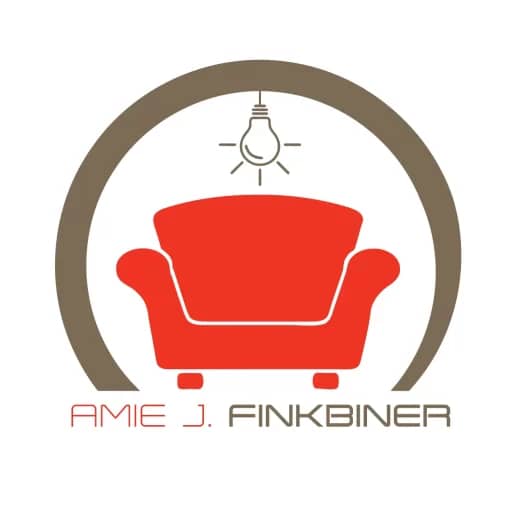Counseling is both an art and a science, which means that every therapist works a little differently—even when helping with the same issues. In my practice, I use different therapy approaches to fit each person’s unique needs. Keep reading to learn more about the types of therapy I might use to help you reach your goals.

Foundations of Treatment
Rogerian Therapy
Rogerian Therapy allows you to talk about your experiences while I provide thoughtful feedback and different perspectives in a neutral way. This approach works well for people who heal through open conversations and are willing to see their challenges from a new point of view.
Schema Therapy
Schema Therapy is a long-term approach that helps identify and change unhealthy patterns in your life. It focuses on replacing unhelpful coping habits with healthier behaviors and meeting emotional needs through a strong therapist-client relationship. This type of therapy can be helpful for people struggling with various mental health issues, including depression and borderline personality disorder.
Acceptance and Commitment Therapy (ACT)
Acceptance and Commitment Therapy encourages mindfulness to overcome the negative attitudes, thoughts, and feelings that result from difficulties that come with life. ACT builds on a model of accepting our reactions, staying present, and making choices that then enable us to take action.
Dialectical Behavior Therapy (DBT)
Dialectical Behavior Therapy (DBT) focuses on teaching people strategies to help them live their best and most productive life. The four core skill sets include mindfulness, emotion regulation, distress tolerance, and interpersonal communication.
Motivational Interviewing
Motivational Interviewing helps you make confident decisions by focusing on motivation and positivity. This approach is great for people who struggle with indecisiveness and uncertainty that affect their quality of life.
Overview of Services
Individual Counseling
Individual counseling is a one-on-one process in a safe, supportive, and private space. It helps people explore their feelings, beliefs, and behaviors, work through difficult memories, and identify areas they want to change. Counseling also helps with self-understanding, improving relationships, setting personal goals, and making positive life changes.
Couples Counseling
Couples counseling is a type of therapy for partners in a relationship. It helps them work through conflicts, improve communication, and strengthen their bond. This therapy is usually short-term and focuses on specific issues affecting the relationship.
Group Counseling
Group counseling is a type of therapy where 2 to 15 people meet with one or two therapists to work through their challenges together. These groups offer support, new perspectives, and ideas for change. Group counseling can be helpful on its own or as a supplement to individual therapy.
A final note: If you are someone who lives in states of collapse and shutdown, I can lend energy. Conversely, if you are trapped in fight or flight, I can aid in redirecting and slowing you down. When appropriate, I also enjoy sharing stories and bringing humor into the space. How will you know if we are a good fit? Get started with counseling today by taking advantage of the free 15-minute phone consultation I offer to new clients before booking an initial appointment.
